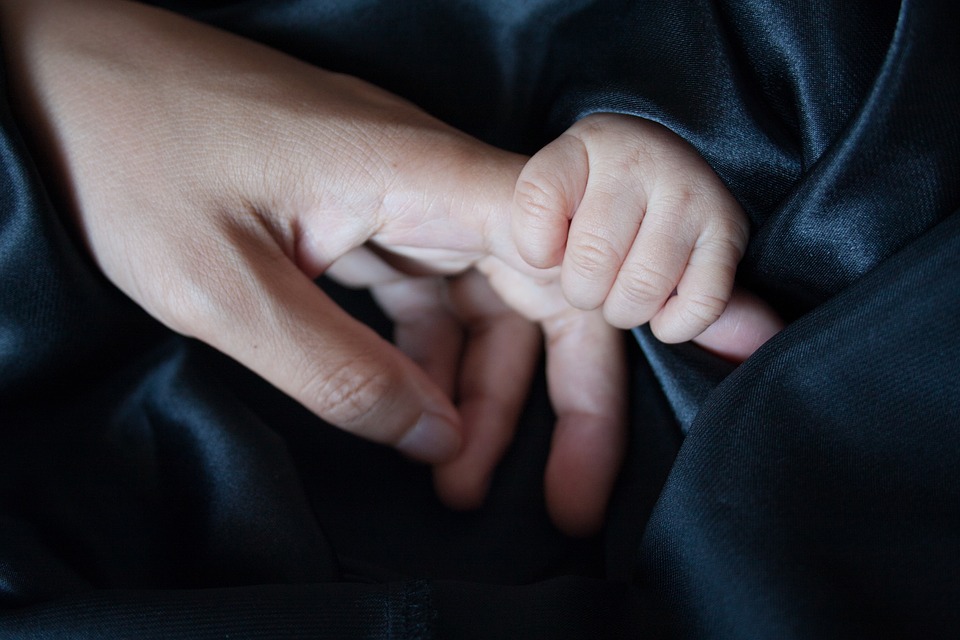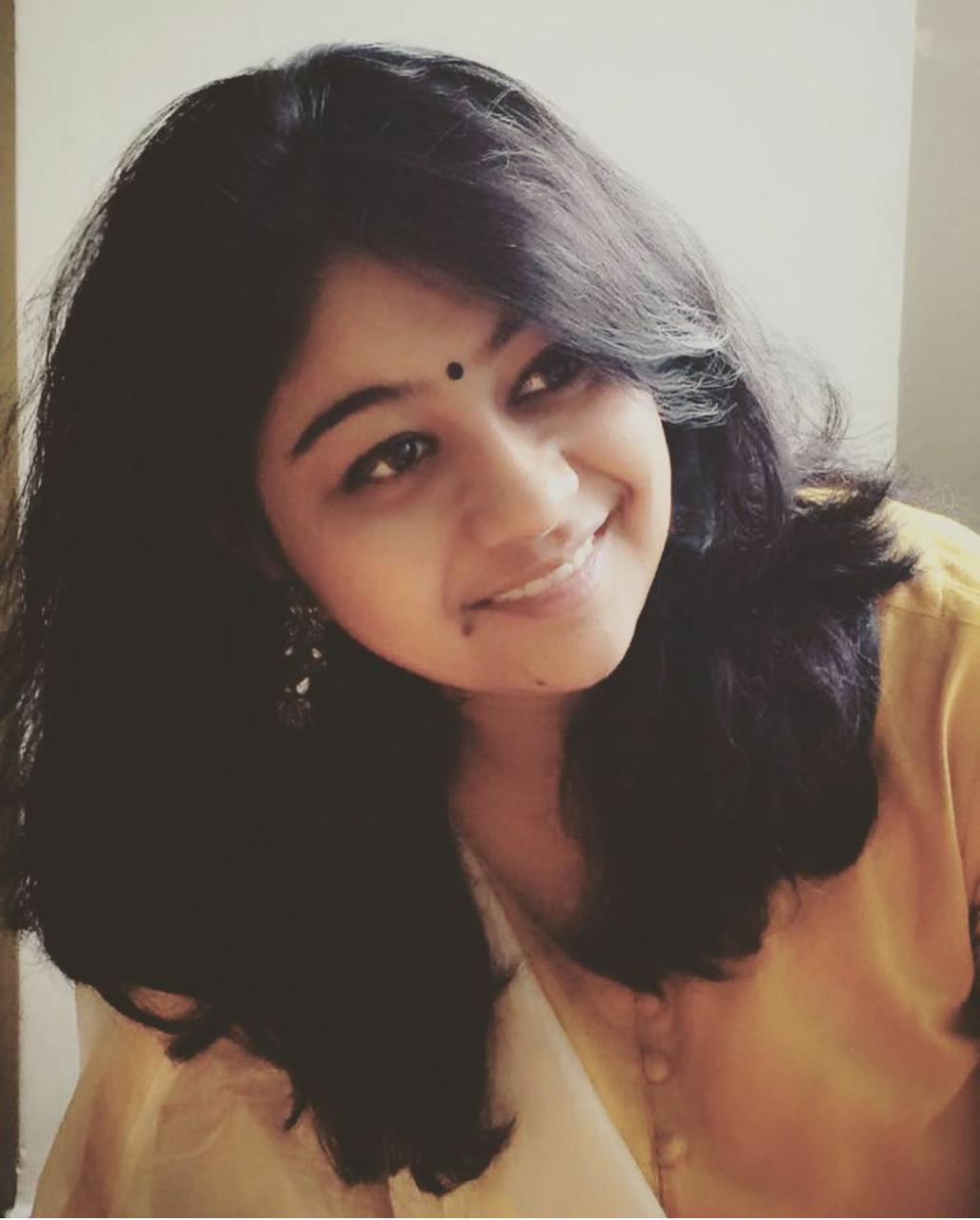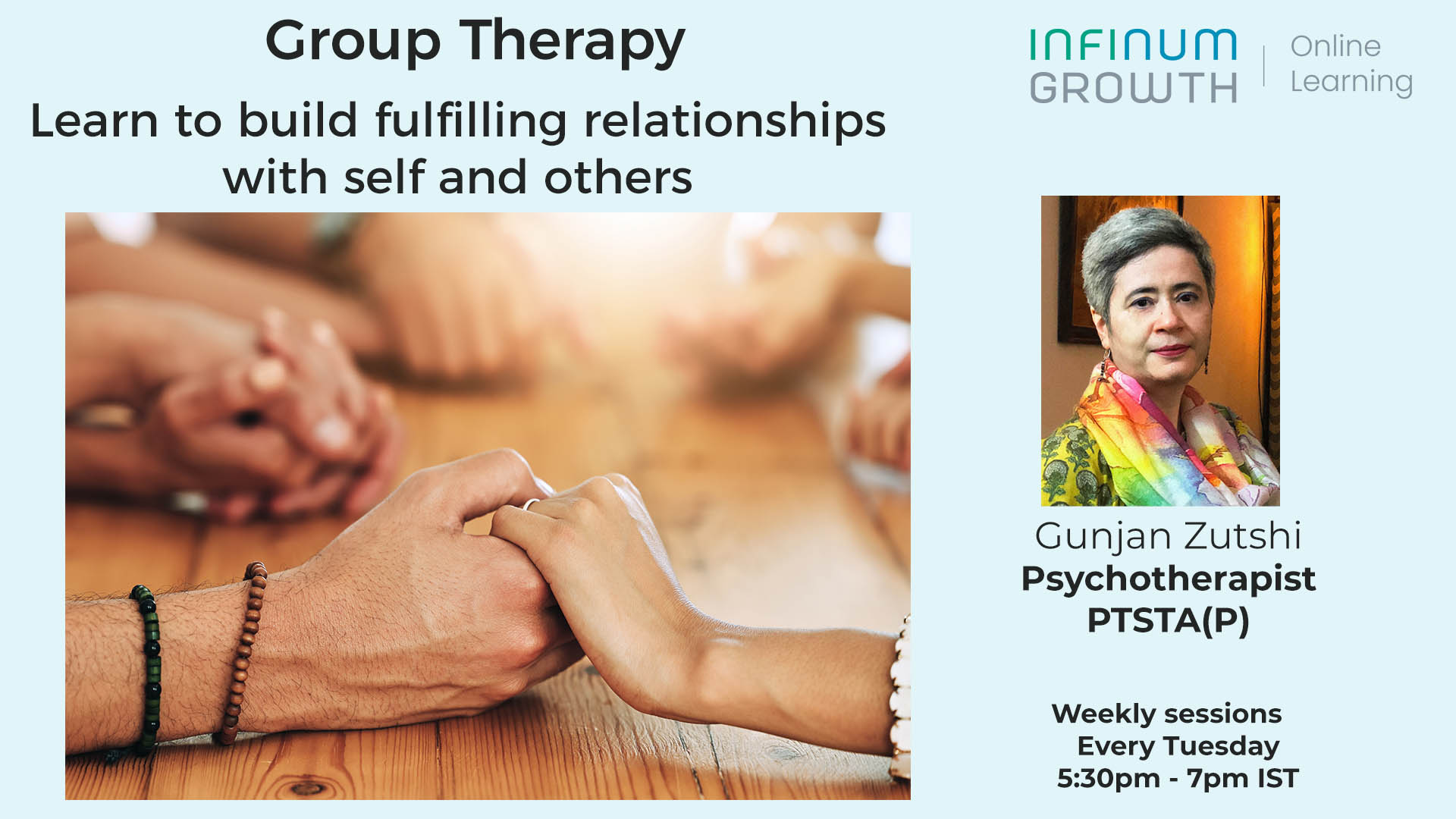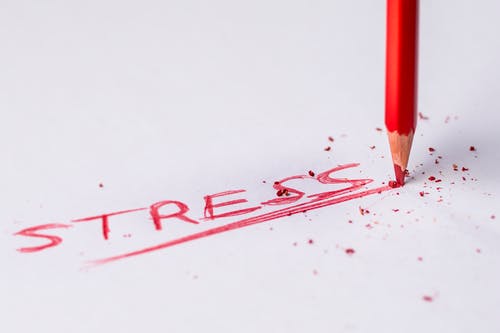We are born into the world as little creatures, tinier than everyone, looking up at tall buildings, eyes reaching as high as the knees of people who are older, bigger and taller than us.
We trout and crawl in this reality. We see ourselves as diminutive and powerless; or the world as a place made up of giant, monstrous things. Our vantage point starts out to be closest to the ground, a reference point that most people around us don’t have. Therefore, for others to see our perspective or, for us to get theirs, we depend on them; to either look down or to lift us up. We stay down there, anticipating that we could be trampled over and crushed; OR that we could be lifted and loved.
What remains as a constant, however, is the unconscious awareness that I’m small, dependent, vulnerable and therefore, powerless.
Feeling powerless in childhood
It is an experience where our safety, both physical as well as emotional, is dependent on the people around us. Our soma carries that childhood experience of feeling unsafe and seeking safety. This reality of childhood, somewhere also seems to build a belief of “I’m small and I’m powerless”, within each individual; especially when our needs are not understood and met. As we grow up carrying this script, externally it may seem like we have become adults, but our internal realities maybe something very different.
Power struggles as an adult
Today, as I observe the adults around me, I sense and see us engaging in power struggles or getting into unhealthy competitions. I see us either hiding ourselves or hiding behind a facade of superiority. While the childhood script remains alive. We keep feeling small or inferior, like we did as children; and find different ways or create realities, in which we can feel powerful.
These scripts play out right from being toddlers to schooling to adulthood. In my school, I remember that the tools given to a child to feel powerful (via being appreciated, respected, adored, admired) were studies and extra-curricular work.
In retrospect, power and inferiority played a major role for all of us. Kids would study secretly and then lie to their competitors, how they hadn’t studied a thing! It seems funny today, but it also gives me an understanding of how each one of us needs to be visible, understood and loved; and we’d do everything in our power and capability to get them met.
From childhood, we learn to find love through achievements
Even as kids, we pick up that, although achievement and love may essentially be two separate things, if love is going to come through achievement, we’d fight for that! I saw children in my class; those who did not score well, did not outshine on stage, at dance, sports or music. That sense of feeling little, dependent and powerless stayed with them.
For many, it’s present even today. In our engagement with the environment, we keep on picking standards or rules that are sure-shot ways of receiving whatever we need; and unconsciously, we submit ourselves to those standards.
It may range from standards of physical appearance (like fair-dark, thin- fat, tall-short, long, straight or curly hair, lean or sturdy, etc.); to emotional bandwidth (being mature, responsible, more sensitive-less sensitive, being a giver or taker, being more controlled in dealing with emotions or throwing tantrums etc.); to the standards of what value systems or spiritual inclinations, customs or religions we follow!
Adult relationships influenced by childhood’s powerless feeling
As adults, we play out emotional patterns of the child in us. We try to meet our needs or receive love, with a belief that we are powerless. Vulnerability makes us feel little, in the most intimate of our relationships.
In friendships or romantic relationships, people gauge what works for their partners, what standards they follow; unconsciously trying to meet them, thus maintaining their script of powerlessness. For instance, a husband may understand about his wife that if he does the dishes or cleans the house, his wife would be more emotionally available. Instead of communicating his needs as an adult or confronting his wife with the difficulties he may be facing, he operates from a child position, doing things that please her to gain her acceptance.
Playing a child in the face of adversity
Similarly, in a certain sense, a mirror image of a classroom scenario would be the workplace environment. Colleagues may compete with one another, especially with people who may pose a threat, to whatever it is that is likely to get them acceptance, approval, respect or so on.
We start to play the child, in the presence of a person or people who are likely to represent in our world as figures who are more ‘powerful’; be it in terms of status, position, wealth, age, intelligence or talent!
While we grow up, and aren’t those tiny little beings anymore, cognitively we may still be able to see the world as a not-so-terrifying place; we may be able to see it at an eye-level or at an equal level. But unconsciously/without awareness (internally or psychologically), we may still find ourselves terrified and tiny.
The journey towards feeling vulnerable yet capable and EMPOWERED, is the process of truly becoming an ADULT. It is the process of allowing our entire being, including our soma, to experience a sense of safety that is not so binding; but liberating.
First published in From the Brewery of Life
Please do leave your comments at the bottom and do share with others if you like this article.


















